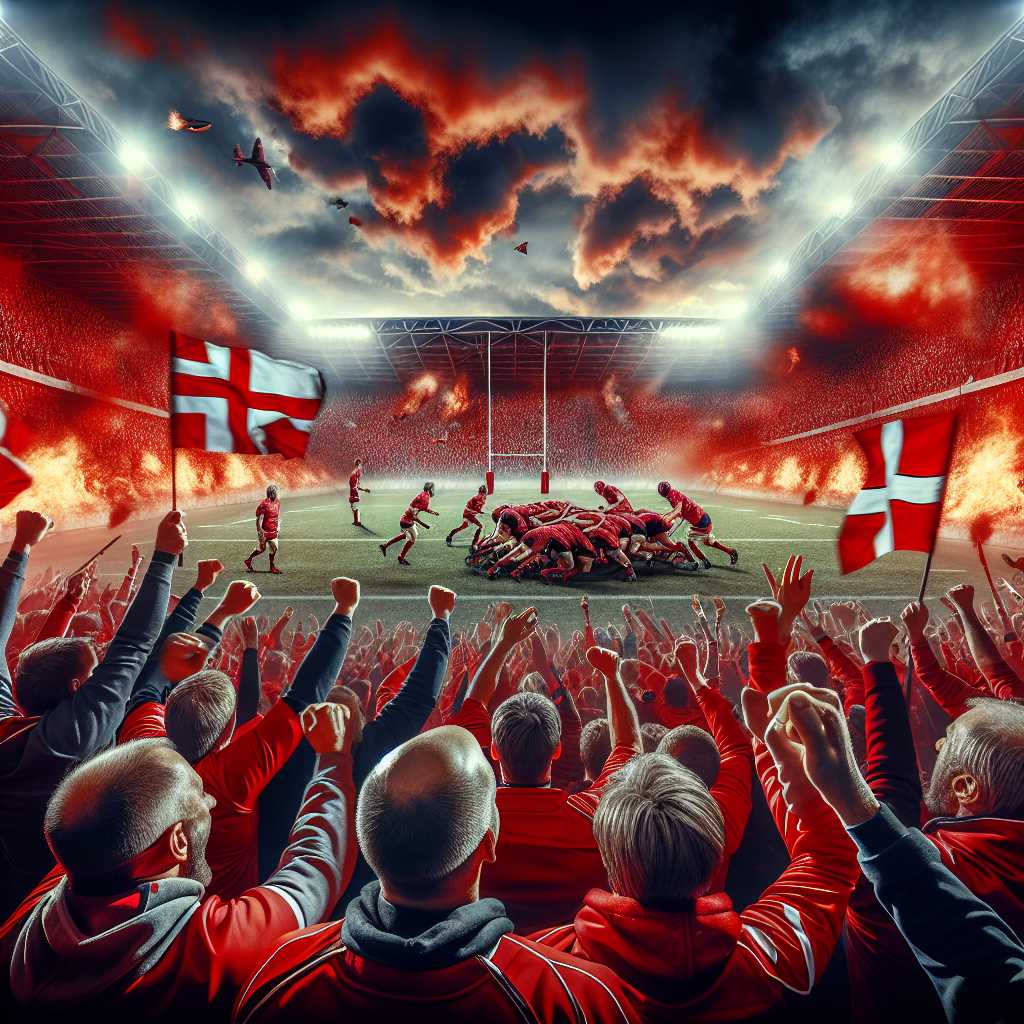The History and Rise of Rugby in Wales
Wales, a nation replete with cultural pride and a fervor for sports, has a particularly special relationship with rugby. Rugby in Wales is not just a sport; it is an integral part of the national identity, woven into the societal fabric. This article will delve into the origins and development of rugby in Wales, the structure of the game within the country, the success witnessed on both domestic and international stages, and the challenges it faces in the modern era.
Roots and Growth: The Early Days of Welsh Rugby
Rugby was introduced to Wales in the 1850s by returning English merchants and ex-public schoolboys, with the first clubs being formed in the south near Cardiff and Swansea. The Welsh Rugby Union (WRU), founded in 1881, became the sport’s governing body and played a significant role in developing rugby as a symbol of Welsh identity.
The Welsh style of play evolved to be distinct and different from that of other rugby-playing nations, emphasizing speed, agility, and passing skill over sheer physical power. Clubs pride themselves on their sense of community and locality. As early as the 1890s, Wales showed its emerging power by winning the Home Nations Championship, now known as the Six Nations.
Through coal, steel, and tough industrial work, Welsh rugby found its historic players. Those workers brought a physicality to their play derived from their daily grind. The first Golden Era of Welsh rugby came between 1900 and 1911 when they secured six Triple Crowns.
Evolving with Time: Structure and Governance
Welsh rugby is organized on both regional and club levels, with participation extending from grassroots community clubs to professional outfits competing in larger domestic and European competitions.
After suitable reorganization at the turn of the millennium, four regional teams were established: Cardiff Blues, Ospreys, Scarlets, and Dragons. These teams represent various geographic areas of Wales and battle it out annually in professional leagues such as the United Rugby Championship and European competitions.
Youth development is also a critical part of rugby administration with schools playing a pivotal role. Resources are channeled into youth academies and local clubs to nurture talent from a young age. The WRU emphasizes talent development initiatives to maintain a robust pipeline for national teams.
International Glory: Successes of the National Team
Success for Wales has often transcended the local passion for rugby to spark nationwide celebration. The Welsh national team has competed proudly on an international level, leaving an indelible mark in rugby history through multiple Grand Slam victories in the Six Nations Championship.
With several British & Irish Lions tours featuring Welsh talent and World Cups that have seen formidable Welsh performances, Wales enters every international competition with benchmarked esteem. Legendary players like Gareth Edwards, JPR Williams, Barry John, and more recently Leigh Halfpenny and Alun Wyn Jones have carved out places in rugby lore.
Wales’ approach to international play is characterized by a flair for passing prowess fused with an unyielding team spirit shown by its iconic red jerseys swarming in unity-an emblematic sight for any rugby enthusiast.
Current Challenges: Navigating Contemporary Issues
Despite its historical success and fanbase loyalty, Welsh rugby today wrestles with contemporary issues affecting many sports’ sustainability and appeal. These dilemmas range from financial constraints—in part due to smaller stadium size compared to neighbors’, competition from other sports like football—which claims large viewership numbers especially among younger demographics, and injuries—a constant concern given rugby’s physical nature.
Maintaining spectator interest with influential media presence—streaming games online for younger audiences—and keeping up with evolving tactical philosophies of gameplay are also part of persisting trials for Welsh rugby.
